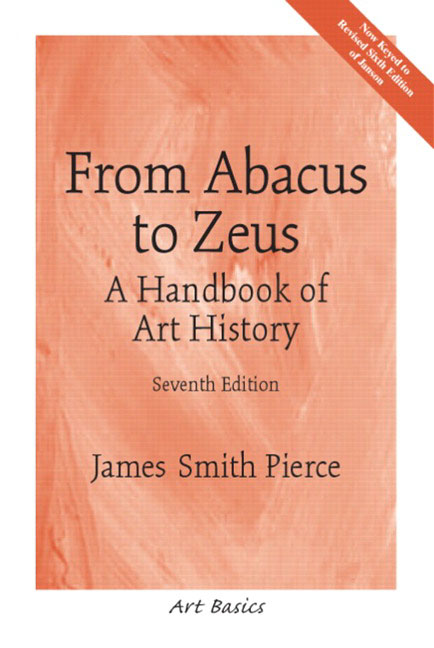The rhythm of Bernard Morlaix, on the celestial country. Edited and translated by J.M. By Bernard, of Cluny, 12th cent,J. (John Mason) Neale. Thanks for Sharing! You submitted the following rating and review. We'll publish them on our site once we've reviewed them.
Bernard of Cluny (or, of Morlaix or Morlay[1]) was a twelfth-century French Benedictinemonk, best known as the author of De contemptu mundi (On Contempt for the World), a long verse satire in Latin.
Life[edit]
Bernard's family of origin and place of birth are not known for certain. Some medieval sources list Morlaàs in Béarn, as his birthplace. However, in some records from that period he is called Morlanensis, which would indicate that he was a native of Morlaix in Brittany. A writer in the Journal of Theological Studies (1907), Volume 8, pages 354-359, contended that he belonged to the family of the seigneurs of Montpellier in Languedoc, and was born at Murles. It is believed that he was at first a monk of Saint-Sauveur d'Aniane and that he entered the monastery of Cluny during the administration of Abbot Pons (1109–1122).[2]

Works[edit]

Bernard is best known as the author of De contemptu mundi (On Contempt for the World), a 3,000 verse poem of stinging satire directed against the secular and religious failings he observed in the world around him. He spares no one; priests, nuns, bishops, monks, and even Rome itself are mercilessly scourged for their shortcomings. For this reason it was first printed by Matthias Flacius in Varia poemata de corrupto ecclesiae statu (Basle, 1557) as one of his testes veritatis, or witnesses of the deep-seated corruption of medieval society and of the Church, and was often reprinted by Protestants in the course of the seventeenth and eighteenth centuries.
Bernard of Cluny also wrote the twelfth century hymn 'Omni die dic Mariae' (Daily, daily sing to Mary).[3] Several of Bernard's sermons and a theological treatise, Dialogue (Colloquium) on the Trinity are extant, as is a c. 1140 poem which he dedicated to the monastery's abbotPeter the Venerable (1122–1156).[2]
Bibliography[edit]
- Bernardus Morlanensis, De contemptu mundi, Une vision du monde vers 1144 - Bernard le Clunisien. Latin text with french transl., introduction and commentary by André Cresson. (Témoins de notre histoire) Turnhout 2009.
- Scorn for the world: Bernard of Cluny's De contemptu mundi. Latin text with engl. transl. and introd. by Ronald E. Pepin. Colleagues Press, East Lansing, Michigan, 1991.
- The Scorn of the World: A Poem in Three Books, transl. and ed. by Henry Preble and Samuel Macauley Jackson. The American Journal of Theology vol. 10,1 (1906), pp. 72–101 (prologus and book 1) online, vol. 10,2 (1906), S. 286–308 (book 2) online, vol. 10,3 (1906), S. 496–516 (book 3) online.
References[edit]
- ^Umberto Eco (1994). Reflections on the Name of the Rose. Translated by William Weaver (3. printing. ed.). London: Minerva. p. 1. ISBN978-0749396275.
- ^ abThomas Joseph Shahan (1913). 'Bernard of Cluny' . In Herbermann, Charles (ed.). Catholic Encyclopedia. New York: Robert Appleton Company.
- ^'Dante & The Virgin - Gordon College'. www.gordon.edu.
- Scorn for the world: Bernard of Cluny's De contemptu mundi. Latin Text with engl. transl. and introd. by Ronald E. Pepin. Colleagues Press, East Lansing, Michigan, 1991.
- Bernardus Morlanensis, De contemptu mundi, Une vision du monde vers 1144 - Bernard le Clunisien. Latin Text, French transl., introd. and annotations by André Cresson. (Témoins de notre histoire) Turnhout 2009.
External links[edit]
| Wikisource has original works written by or about: Bernard of Cluny |
- Thomas Joseph Shahan (1913). 'Bernard of Cluny' . In Herbermann, Charles (ed.). Catholic Encyclopedia. New York: Robert Appleton Company.
- Works by or about Bernard of Cluny at Internet Archive
- Works by Bernard of Cluny at LibriVox (public domain audiobooks)
See a Problem?
Preview — The Celestial Country by Bernard of Cluny
Be the first to ask a question about The Celestial Country
Nov 22, 2016
The Celestial Country By Bernard Of Cluny Pdf Download Free
May 28, 2017
Sep 30, 2016
The Celestial Country By Bernard Of Cluny
Bernard's family of origin and place of birth are not known for certain. Some Medieval sources list Morlaàs in Béarn as his birthplace. However, in some records from that period he is called Morlanensis, which would indicate that he was a native of Morlaix in Brittany. A writer in the Journal of Theological Studies (1907), VIII,...more